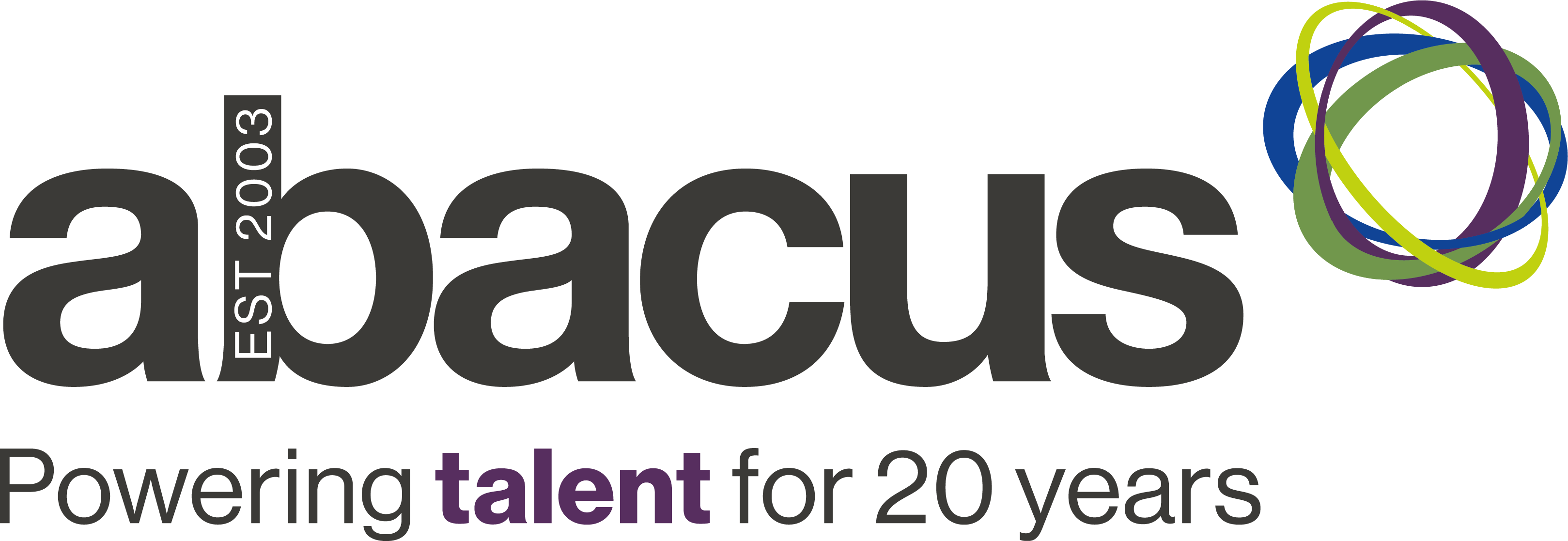
Do you hate your job?
25 February 2019 by Justin Rush
Do you hate your job?
Not everyone is going to love their job, that’s just natural. There are even occasions when you could hate aspects of your job, not the overall role itself.
If you keep hearing yourself say “I hate my job” or “I hate coming to work every day”, these are indicators that you should think about changing your job.
What should you do when you hate your job:
Going to work every day can be a challenge if you are unhappy in your current job. However, avoid broadcasting the fact that you hate your job or confine it to people you trust. If the wrong person catches wind that you hate your job or that you have been ‘bad mouthing’ it, this could cause problems for you and your career.
If you hate your job, it could be time to move on. Too often people who are unhappy in their jobs for many different reasons, such as, culture, job role itself, the company, was sold a job incorrectly; continue to stay in that role as it can be seen as the easier option than putting themselves out onto the job market. It is a known fact that the happier you are in a job, the better you perform and grow.
Remember it is not just you:
Remember, you are not alone. There are many people in the same position as you. It can happen to anyone. For example, you could have outgrown the role or may not get on with co-workers or management.
Think before you quit:
Don’t just quit your job with no backup plan or job lined up. Take time to consider whether you really want to quit or if you are just going through a tough period in your role. Consider talking to your line manager about options available to you that may make you consider staying. Such as internal transfer or slightly changing your workload. It could even be as simple as letting your manager know that you are unhappy in your role at present as they may be able to help you. Or at least talk things through with you.
Begin your job search:
If you have decided that leaving is the best option for you, begin your job hunt. It is easier to find a new job when you are currently in one. A good tip here would be to update your LinkedIn profile to help you get noticed by recruiters. Make sure your CV is up to date when applying for a new role also.
Contacting a recruiter is a good starting point when you are considering a job move as they would be able to assist you in finding a new role that would match your skills. Not only this, but they would also be well connected with a variety of companies so would be able to send your CV to multiple places, if you so wish.
Leave on a good note:
You’ve found your new role and are leaving the job you hate, which is great news for you! However, remember that it is best practice to leave your current company on a good note. You don’t want to burn any bridges as you never know, you may want to return to that company in the future. Another reason as to why you shouldn’t burn bridges is that your new company will be gathering references from previous employers. If you make your departure difficult and messy, their reference will reflect this and could potentially cost you not only your new job, but also any chance of retaining your current one.
If you are unhappy in your current job and are seeking new opportunities contact the Abacus Careers Team for a confidential chat on 028 9031 3157 | [email protected]
Share this blog
Related Blogs

Getting Online Job Adverts Right
When an online job advertisement placed on a job board fails to attract the desired
Read More
‘Standing out from the crowd’ Drafting an eye-catching CV
Drafting the perfect CV can be a daunting task, but it’s a crucial step in
Read More
